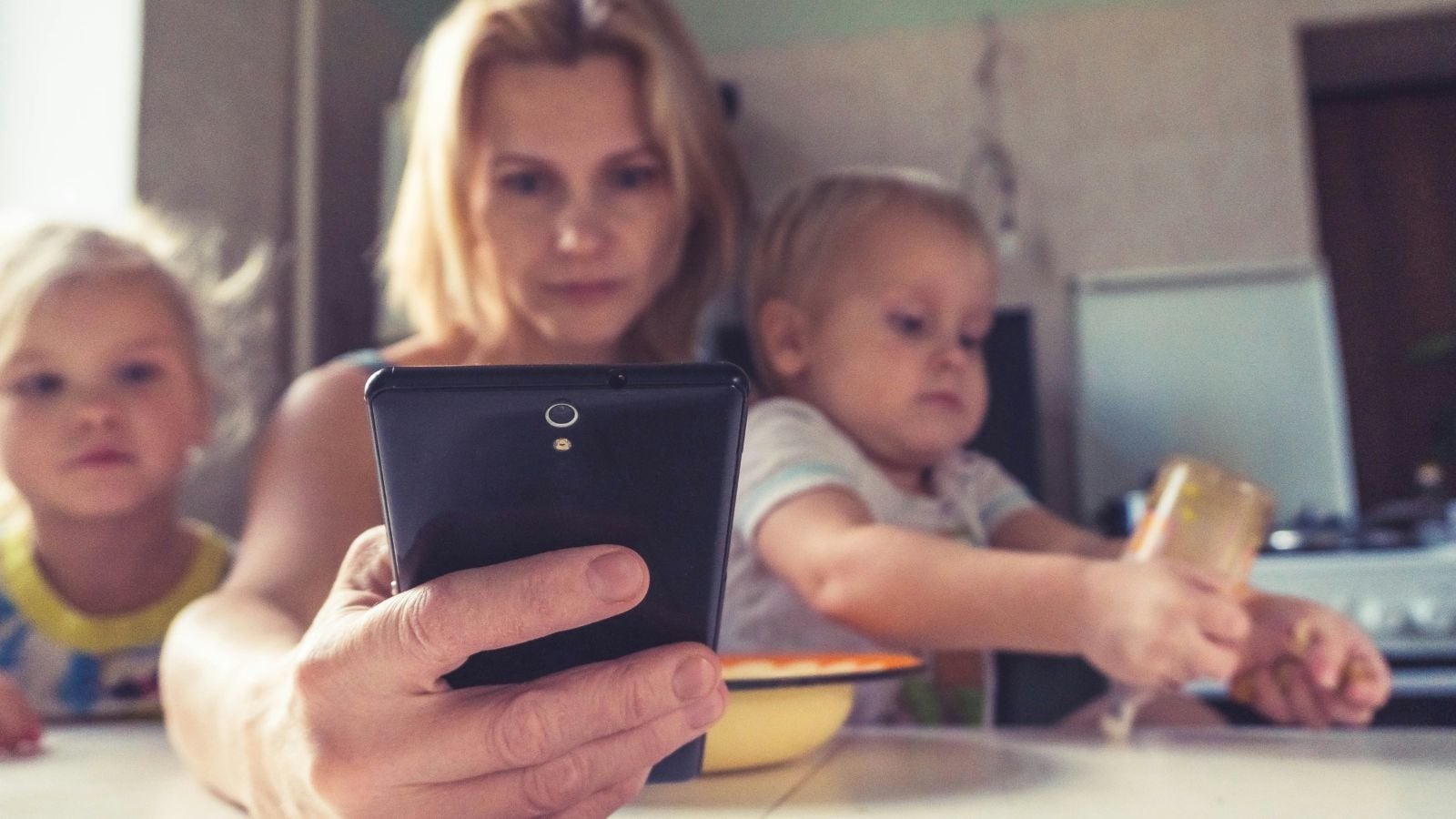Indian children want ‘controls’ for smartphone-addicted parents, vivo study finds
According to the survey, Indian parents on average spend five hours every day on their smartphones while children spend four hours.
 The study's findings shed light on how excessive and unregulated use of smartphones is adversely affecting the bond between parents and children. (Representational Image: Unsplash)
The study's findings shed light on how excessive and unregulated use of smartphones is adversely affecting the bond between parents and children. (Representational Image: Unsplash)A new survey has found that children in India are more aware of the adverse effects of smartphone usage than their own parents.
“Indian children demonstrate greater awareness of the negative impacts of excessive smartphone usage compared to their parents, with 8 out of 10 advocating for ‘parental controls’ to regulate their parents’ smartphone habits,” read the report by vivo which was released recently as part of the sixth edition of its ‘Switch Off Campaign’ aims to address the pervasive issue of excessive digital exposure.
The report titled ‘Impact of Smartphones on Parent-Child Relationships’ was prepared by the Chinese smartphone maker in collaboration with Cyber Media Research (CMR). It surveyed over 1,543 smartphone owners across Delhi, Mumbai, Kolkata, Chennai, Hyderabad, Bengaluru, Ahmedabad, and Pune.
According to the survey, Indian parents on average spend five hours every day on their smartphones while children spend four hours daily on their devices. “Over 73% of parents and 69% of children explicitly identify smartphone usage as a source of conflict between them,” the report read, adding that around two-thirds of both parents and children use their smartphones even during meaningful social moments such as outings, vacations, or celebrations.
The findings of the study shed light on how excessive and unregulated use of smartphones is adversely affecting the bond between parents and children, said Geetaj Channana, the head of corporate strategy at vivo India.
“While smartphones have seamlessly integrated in our daily routines, unmindful relationships with smartphones can create barriers in the real-life relationships that people care about the most. This year’s findings raise essential questions about how families can create meaningful connections in a world dominated by screens,” Channana further said.
When asked about the phone that they would design for their parents, a majority of the surveyed children (94 per cent) said they would not include games, entertainment or some social media apps and instead, emphasised features such as calling, camera, and messaging.
Around 77 per cent of children said that they do not want phones when they are with family and friends, with 76 per cent preferring to switch off their devices to foster deeper connections.
The data underscores a reality many families already sense – phones have become indispensable yet isolating, said Riddhi Doshi Patel, a child psychologist and parenting counselor.
When asked if vivo is working on any new design or interface changes to help users have a healthier relationship with smartphones, Channana said, “There are already multiple controls available for screen time and parental controls that can help you in managing your screen time and your children’s screen time. There is nothing new there, it is more about spreading awareness of the fact that we need to be mindful.”
As part of the Switch Off campaign, the smartphone brand announced that it was rolling out “extensions” such as Restaurant Activations to help diners disconnect from their devices and In-App Reminders which will serve as prompts for users to “prioritise family moments after a busy day.”







